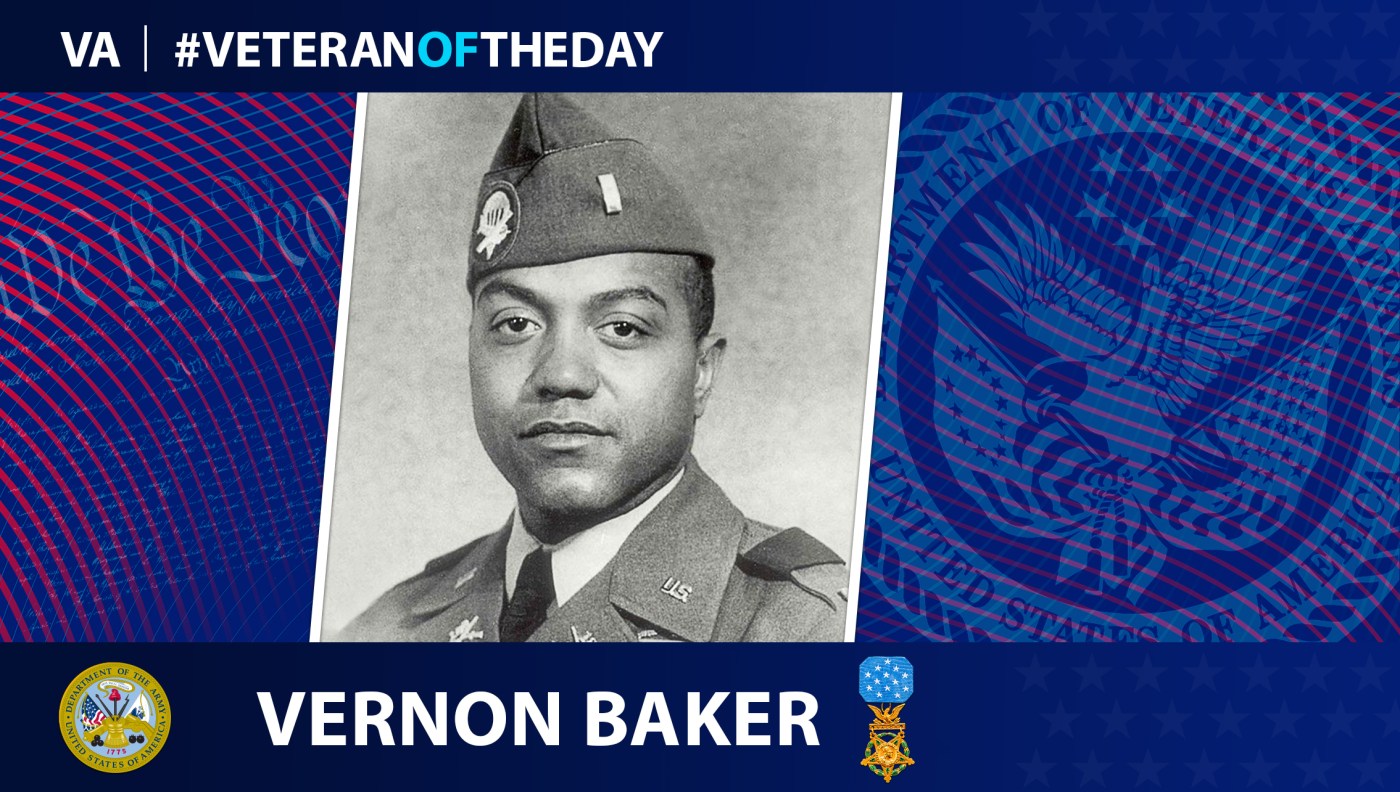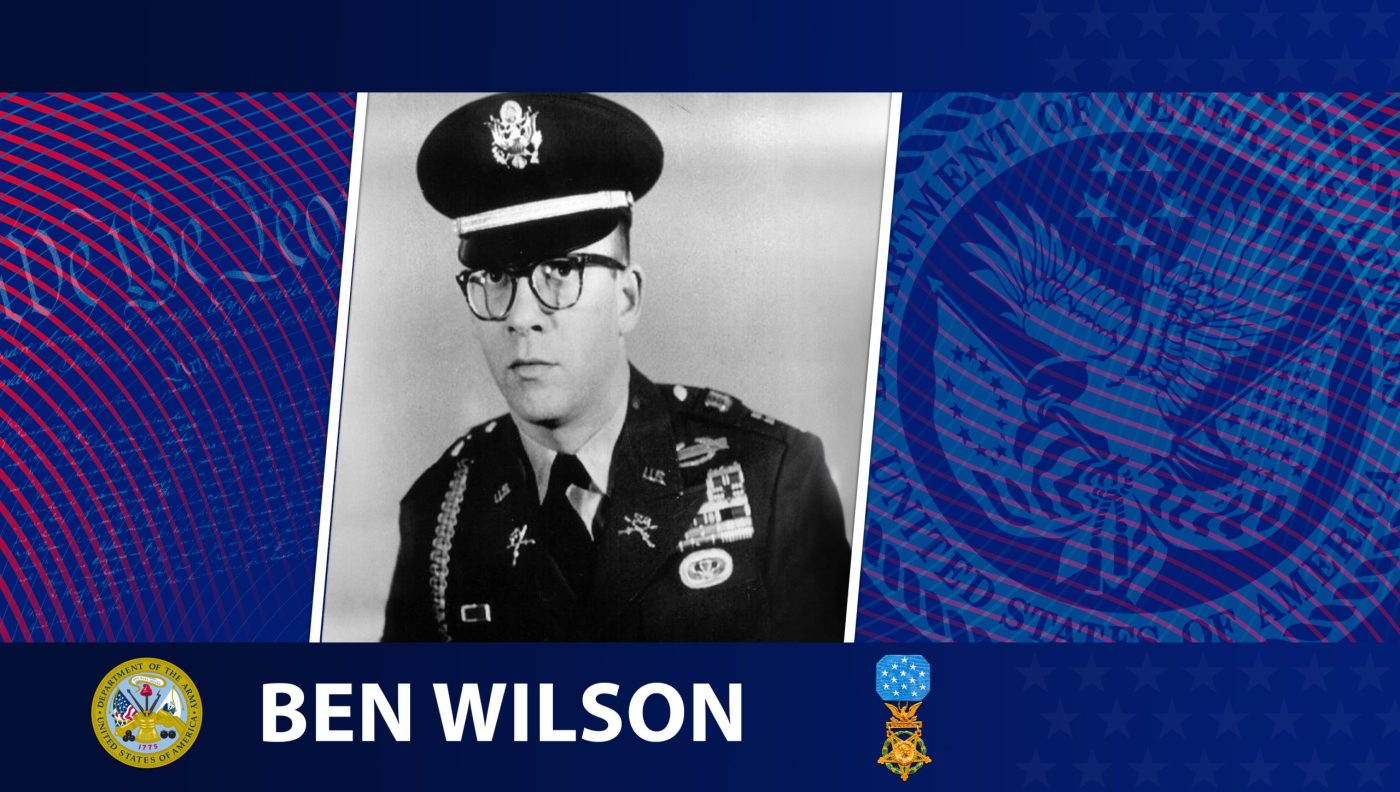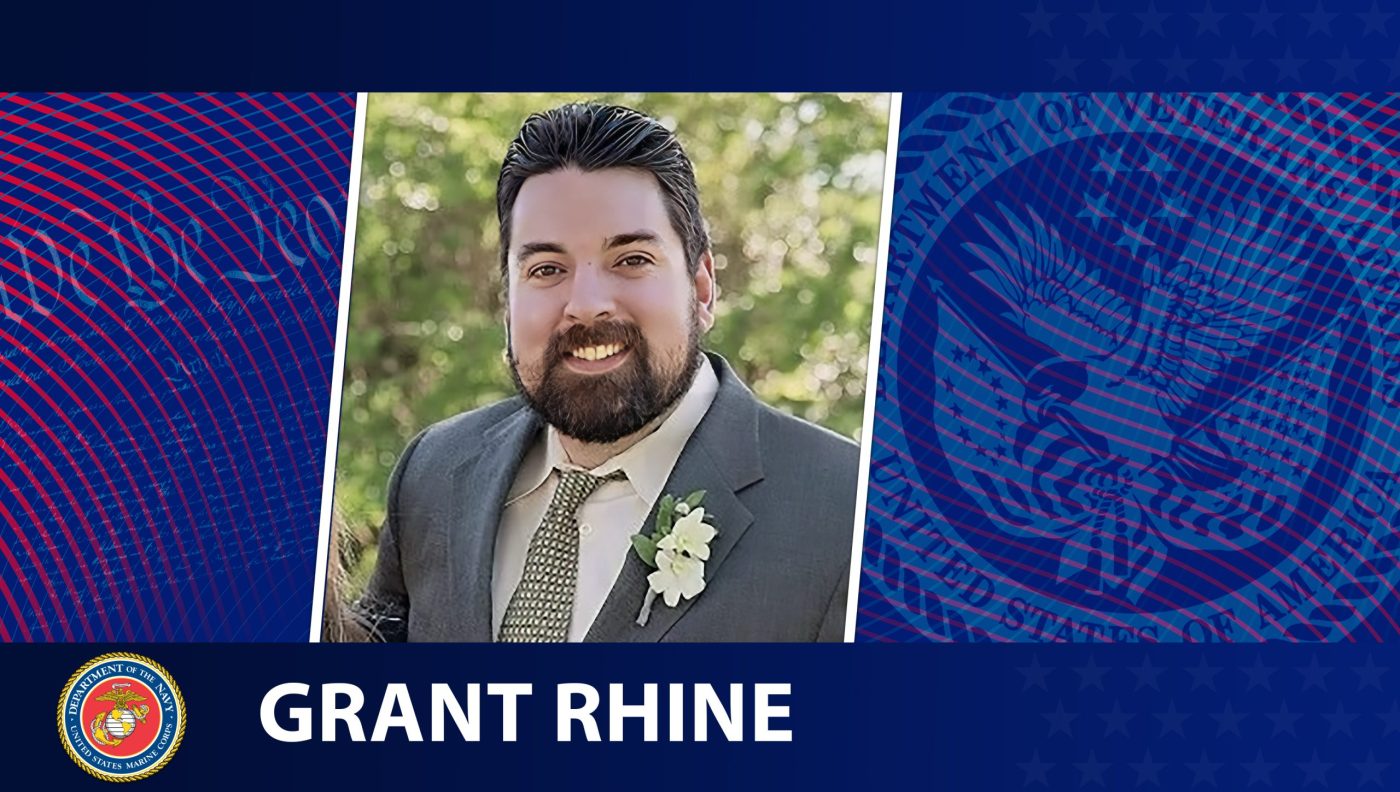Vernon Baker was born in Cheyenne, Wyoming, in 1919. At four, he lived with his grandparents after the death of his parents. He joined the Army in April 1941 after being turned away by the first recruiter he approached. The man had stated, “We ain’t got no quotas for you people.” Baker was determined, and after a few months, another recruiter accepted him.
He trained at Fort Wolters, Texas, stating that “segregation hit me full in the face.” He left Texas after a near-altercation at being told his place was at the back of the bus. Later, he transferred to Fort Huachuca, Arizona, where he was promoted to supply sergeant. The Army, at the time, was recruiting black officers. Still, Baker was not interested because, as a supply sergeant, he knew he had a good thing. The Army had other ideas, and Baker went to Fort Benning, Georgia, for Officer Candidate School.
After OCS, Baker and his fellow Black second lieutenants found out they were going to war.
In June 1944, Baker and the 92nd Infantry Division – an entirely black division – were sent to Italy. He was wounded early on, during a night patrol, and then got sent to the hospital in Pisa. When he recovered, he returned to his unit.
On April 5, 1945, only a short time returning to duty, Baker led his heavy arms platoon to Castle Aghinolfi, a German bastion in a region known as the Gothic Line.
Baker lost six men going up the first hill. While ascending the second hill, they found and then severed communication lines. The platoon made it to the top and found a steep and unnavigable drop. It was not until a German soldier popped out from behind a brush that Baker could see a path. The German lobbed a hand grenade, a dud, before Baker shot him. Baker went down the path alone and came across a concealed dugout. He dropped a grenade into the dugout and killed everyone that came out. While Baker was climbing back out of the draw, enemy machine-gun and mortar fire took out several of his soldiers. Two-thirds of his platoon were either killed or wounded. During their retreat, Baker destroyed two machine-gun positions.
That night, Baker took out a total of nine enemy soldiers, three machine-gun positions, an observation post and a dugout. The next night, he volunteered to lead a battalion advance back toward their division objective.
His actions during the war earned him the Distinguished Service Cross, which was later upgraded to the Medal of Honor in 1997, a recognition delayed by decades due to racial bias.
We honor his service.
Nominate a Veteran
Do you want to light up the face of a special Veteran? Have you been wondering how to tell your Veteran they are special to you? VA’s “Honoring Veterans” social media spotlight is an opportunity to highlight your Veteran and his/her service.
It’s easy to nominate a Veteran. Visit our blog post about nominating to learn how to create the best submission
Writer: Jessica Davis
Editor: Essence McPherson
Fact Checker: Brett Raffish
Topics in this story
More Stories
This week’s Honoring Veterans Spotlight honors the service of former MLB player and Army Veteran Richard “Dick” Groat, who served from 1953 to 1954 during the Korean War.
This week’s Honoring Veterans Spotlight honors the service of Army Veteran Benjamin F. Wilson, who served during World War II and the Korean War.
This week’s Honoring Veterans Spotlight honors the service of Marine Corps Veteran Grant Rhine, who is now active in the Veteran community Irreverent Warriors.







Good morning
I don’t know what I’m doing it’s my first time reading. I couldn’t sleep and started reading and came across this Veteran article I’m very proud of who I am as a Man and Veteran Soldier also, so much sacrifices go unnoticed and these Veterans have stories of a lifetime. I’m truly grateful thankful and honored to have received an read that recognition of this honorable service not to mention bravery. I appreciate reading this article and thank you for sharing.
Thank you for your service. Rest esdy.